I am somebody who always looks forward to explore new things. For the same, when I came across vacancy for Qualitative Research Officer for Community Arts against Antibiotic Resistance in Nepal (CARAN) Project by HERD International, I had this deeper intuition that I would be the one to hold the post. Thus, I applied for the post without a second thought. Echoing my intuition, I was hired for the post. My engagement in the project has made me become irresistible from sharing many interesting things I have had encountered, and will continue throughout the project. So, this is the first blog with my experiences; it seems I might not settle down with only one.
For me, CARAN is one of its kind where the research methodology is dissimilar to the ones which we, as researchers, usually prefer depending on objective of the study. Here, you not only gather information from participants but provide them some level of information regarding general drugs and antibiotics, and their resistance along with filmmaking so that they have some level of awareness regarding the topic prior to making films of their choice. Every time you have different participants from different places. To be specific, community people are enrolled in almost all activities while I, as a researcher, have to facilitate them. Other than that, everything else is done by participants. For instance: writing scripts, selecting characters for their films, taking footages, inviting people at different levels for showcasing their documentaries to generate awareness on misuse of antibiotics and advocating for the same and alike. This was also the main reason I awaited to entangle in the study practically.
The study has a manual to guide in undertaking different activities, least not forgetting the filmmaking aspects. Nothing excited me more when the guidance turned into reality during pre-test and the actual and first pilot test at Chandragiri Municipality. Considering the need of how the strategized workshops would go, we, the CARAN team, had conducted pre-test prior to actual pilot test. The test gave enormous lessons to learn from. These lessons were adopted, amended and executed during the first pilot test. In today’s blog, I would be focusing more on my overall experiences and observations from pre-test and pilot test.
Different to typical research methodologies, the study gatekeepers were recommended by the respective ward chairs from different wards of Chandragiri Municipality. The gatekeepers had comprehensive influence on the community people in their respective wards and they were accountable to identify participants as per the selection criteria we had provided them with. We had chosen this approach so that everything would be community-led as well as they would have a sense of ownership to things they would be doing.
I had countless thoughts hopping in my head for this was the first time I was a part of the research blended with arts, science, and community participation via series of activities. The mixture was unusual for sure. At this time, nothing could measure my excitement. The only thing I could foresee were the new experiences to encounter and challenges that lied ahead of us. For instance, how the workshops would go, how would it end, would we be able to capture all the activities as planned. And importantly, would the participants be interested to enroll in our different activities that would enable us to gather information on their knowledge, attitude and practice relating to use of general drugs and antibiotics, brainstorm to identify key characters and various levels of stakeholders in their community who have their roles in antibiotic resistance to take place and solving it from their respective places as well and such. Initially, the participants were a bit reluctant to express themselves and appeared to be self-conscious on the answers they were delivering. With reminders that no questions and answers were right or wrong, and rapport built with us as the facilitators, the participants seemed to express their feelings without further thoughts on the later phase. I observed that although they struggled to relate themselves with few activities such as storytelling and mind-mapping, once icebreaking practical examples were introduced, they started to brainstorm and participated accordingly. Overall, discussions led by games, practical examples and alike assisted in gathering information from the participants as expected, followed by fun.
To conclude, there wasn’t a moment where I lost my interest as a facilitator. It might also be because the participants were thoroughly enthusiast to share their opinions alongside learning things related to general drugs, antibiotics and filmmaking. And so did I. The learnings would be important for next pilot test. I shall write more about my other specific experiences and observations in my next blog.
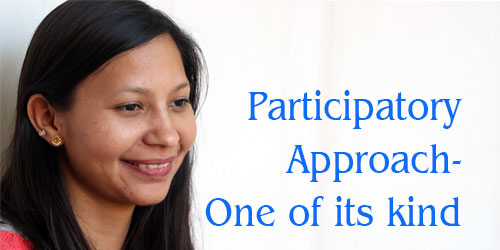

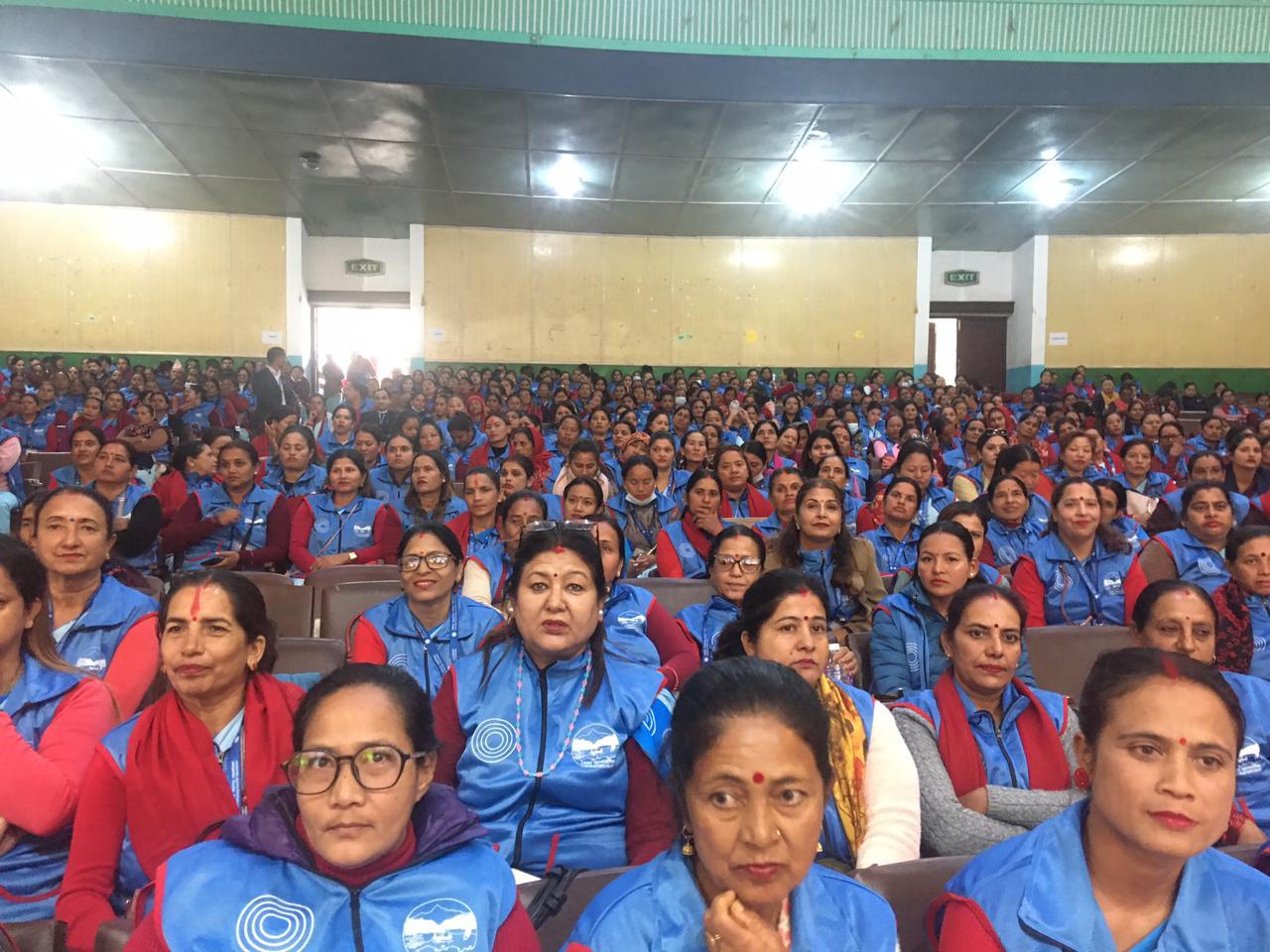
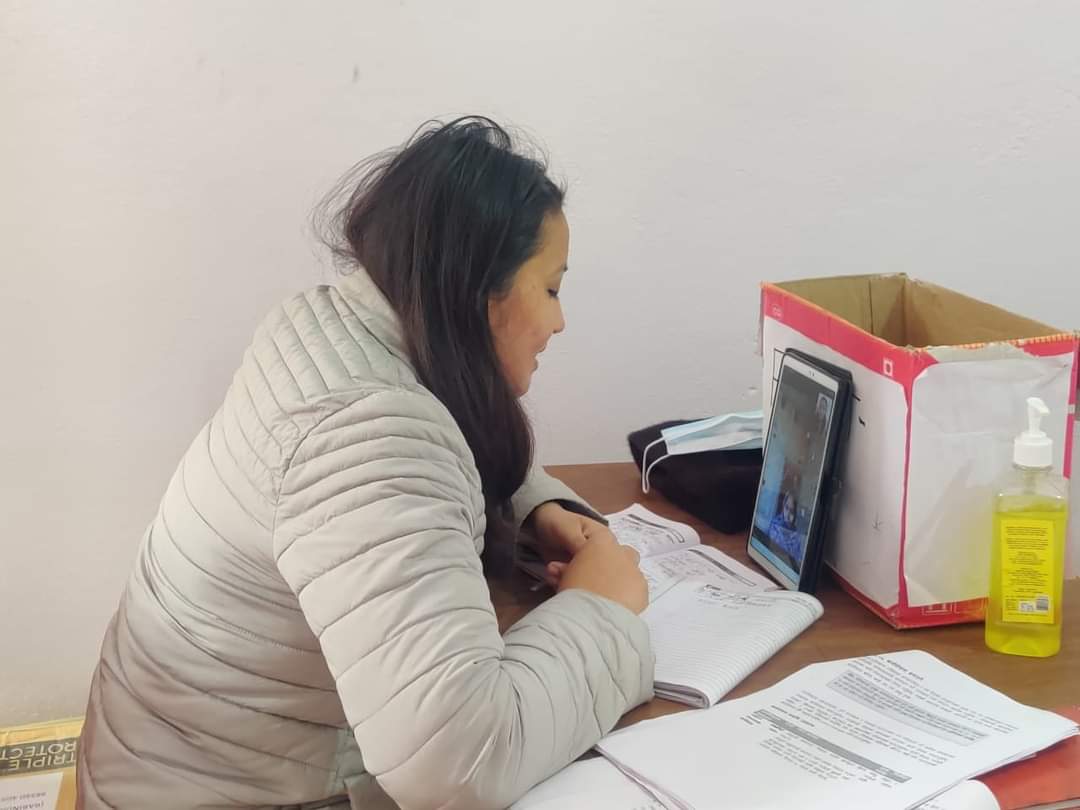

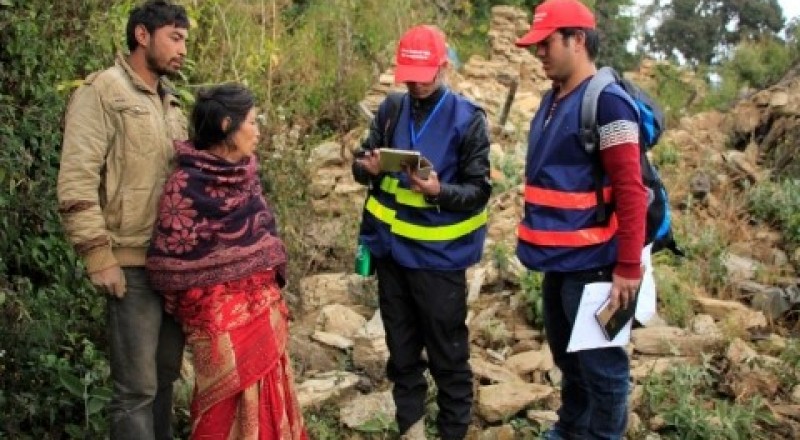


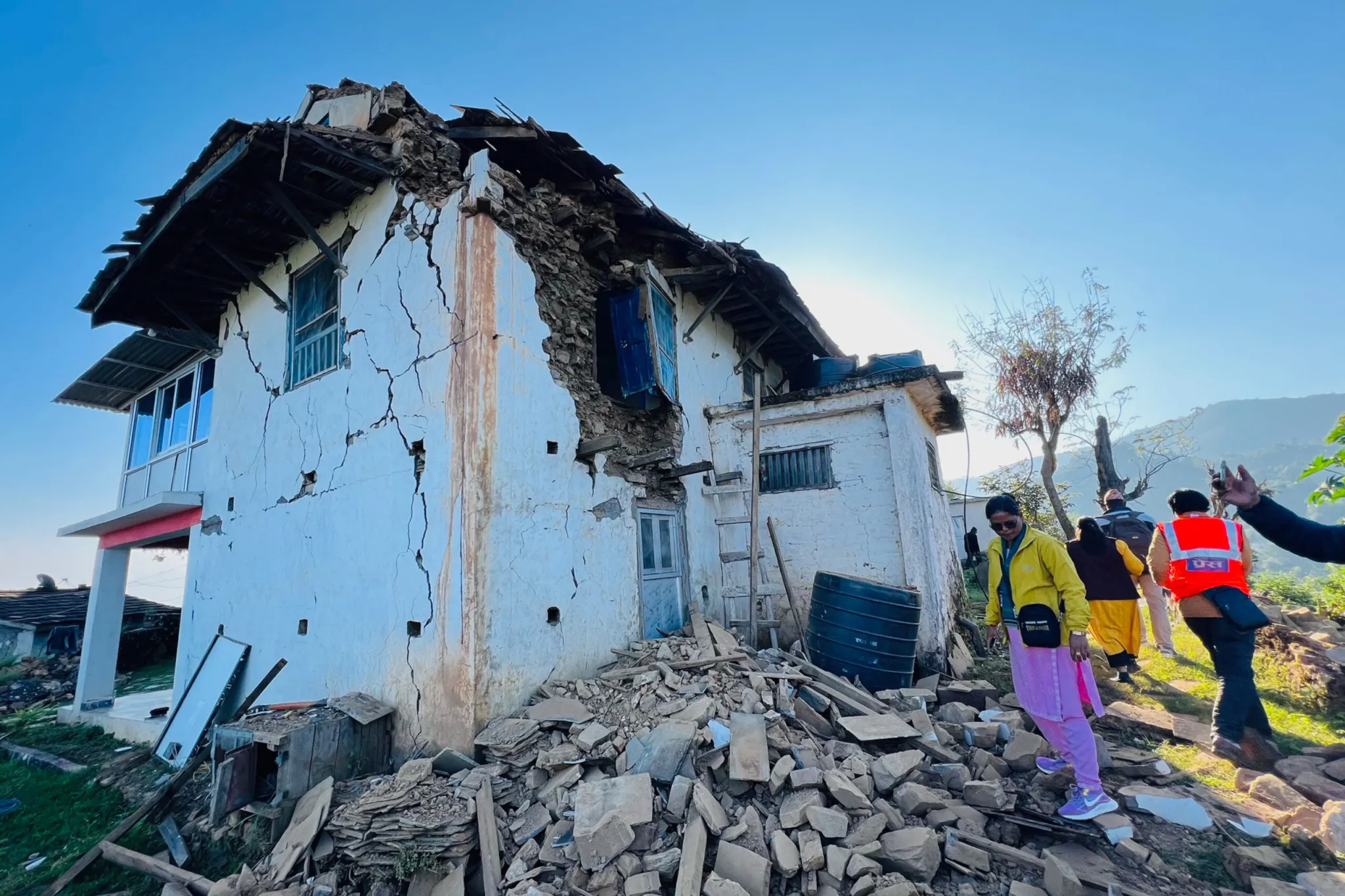
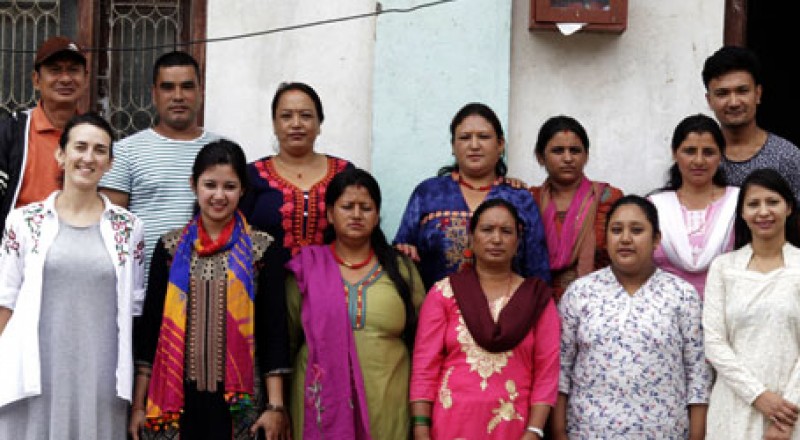

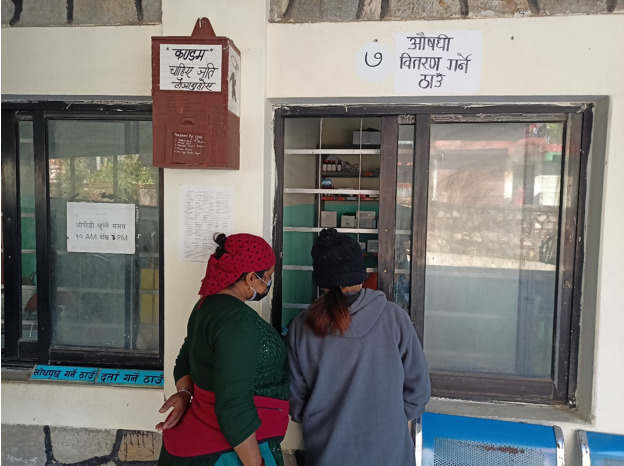
Comments (0)
No comments found.